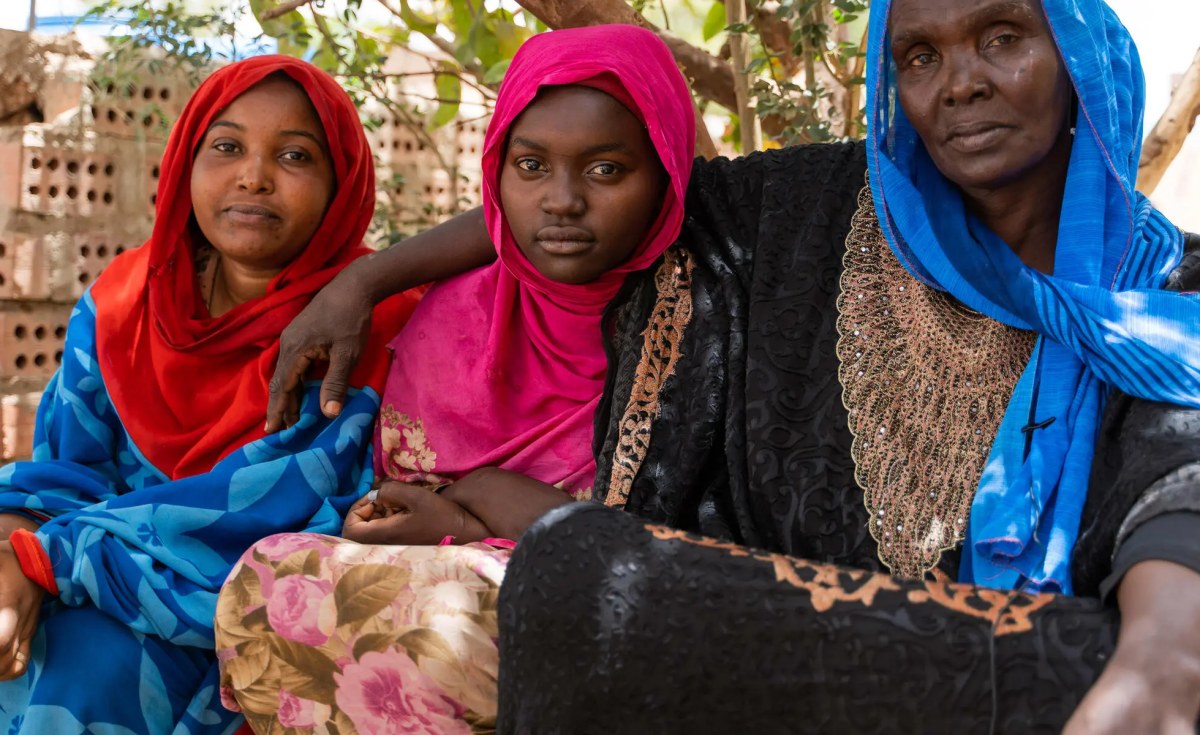Medical charity group Doctors Without Borders on Thursday said that Somali refugees living in Dadaab refugee camp in Kenya do not wish to leave for Somalia as directed by the Kenyan government.
The medical aid group, known by its French acronym MSF, reported that majority of Somali refugees surveyed cited their main concerns as fear of forced recruitment into armed groups and the threat of sexual violence as well as the absence of healthcare in Somalia.
The government of Kenya announced in May that the Dadaab and Kakuma camps would be closed by November this year and asked the refugees to voluntarily return to their countries.
The government cited insecurity and environmental degradation as the main reasons for closure of the camps.
The sprawling Dadaab camp hosts 276,945 Somali refugees scattered in its five sub-camps of Hagdera, Dagahaley, Ifo 1, Ifo 2 and Kambios. It was established 25 years ago to cater for Somali refugees fleeing their country from civil war.
According to MSF, 86 percent of refugees surveyed in one of the five sub-camps in Dadaab camp do not want to return to Somalia.
Liesbeth Aelbrecht, head of mission for MSF in Kenya also called for support for Kenya, saying that thousands of Somalis were being pushed back into conflict and crisis which they fled years ago.
She said that Kenya should not shoulder the burden alone and called on donor countries to direct their funding to provide assistance for the refugees within Kenya.
“Funding from donor countries needs to be directed to providing sustained assistance in the country of refuge, not to supporting what will essentially be a forced return to a warzone, ” Aelbrecht said.
The MSF’s statement is contained in a report titled ‘Dadaab to Somalia: Pushed Back into Peril,’ launched in Nairobi on Thursday.
“The UN itself has recently declared that five million are at risk of hunger inside Somalia. Sending back even more people to suffer is both inhumane and irresponsible,” MSF General Director Bruno Jochum said.
In November 2013, Kenya, Somalia and the UNHCR signed a tripartite agreement to get Somali refugees relocated by the end of 2016.
Since December 2014, 30,349 refugees have been taken back to Somalia and resettled through this programme, with 24,248 going back this year, according to UNHCR.
The government of Kenya has severally said it had shouldered heavy economic, security and environmental burden by hosting refugees for over 25 years.
Kenya and UNHCR have come under attack by various human rights organisations who accuse them of coercing Somali refugees to return home.
Amnesty International and Human Rights Watch have continuously said that the threat Al-Shabaab poses in Somalia and Kenya is real, but that doesn’t negate Kenya’s obligation to abide by international refugee law to protect refugees.
The United States of America’s Ambassador to Kenya, Robert Godec, the World Food Programme refugee affairs in Kenya office boss Abdi Farah, the UNHCR Resident Coordinator Siddharth Chatterjee, and HIAS Country Director Lucy Kiama all made impassioned pleas to the Government of Kenya to reconsider its decision to repatriate refugees during the World Refugee Day in June this year.







